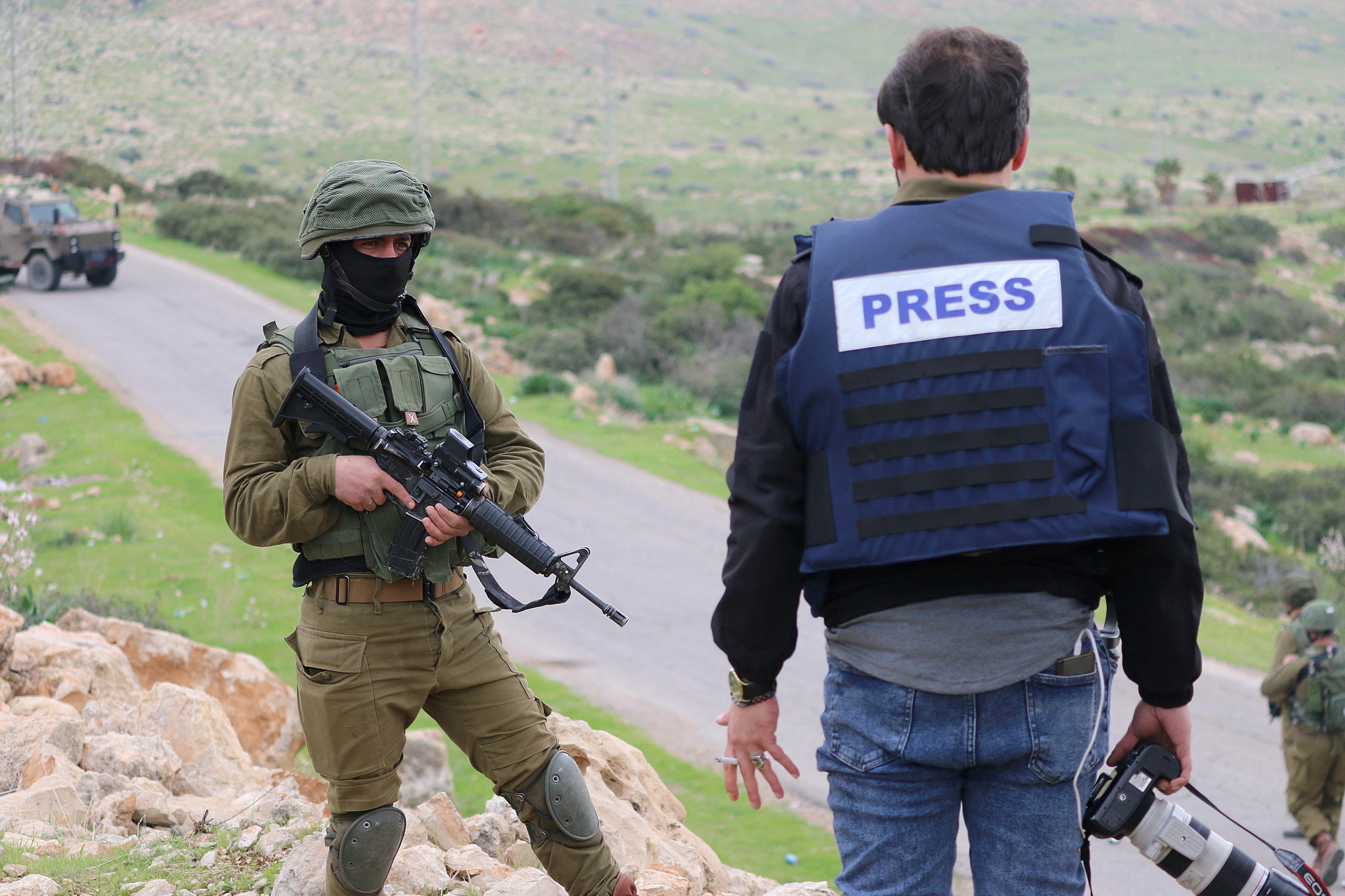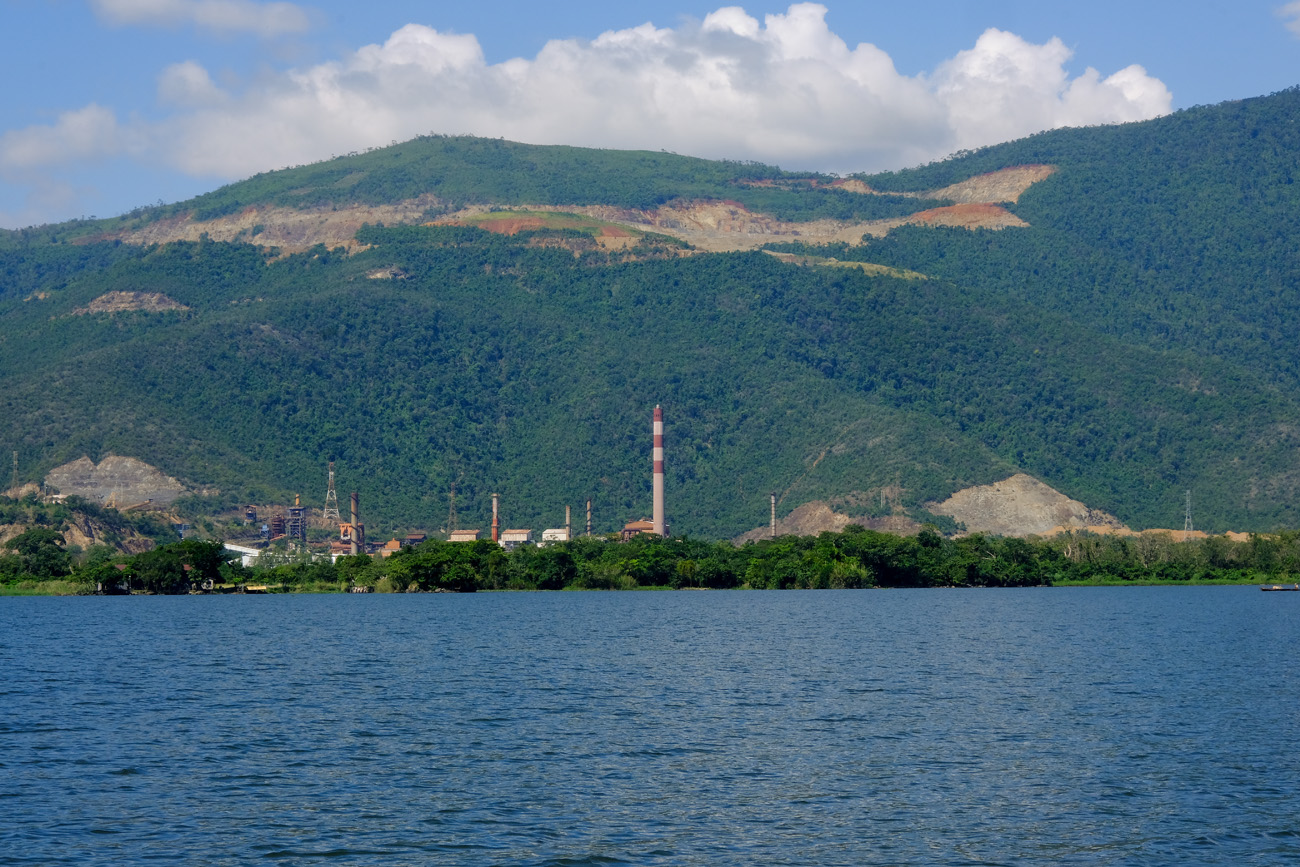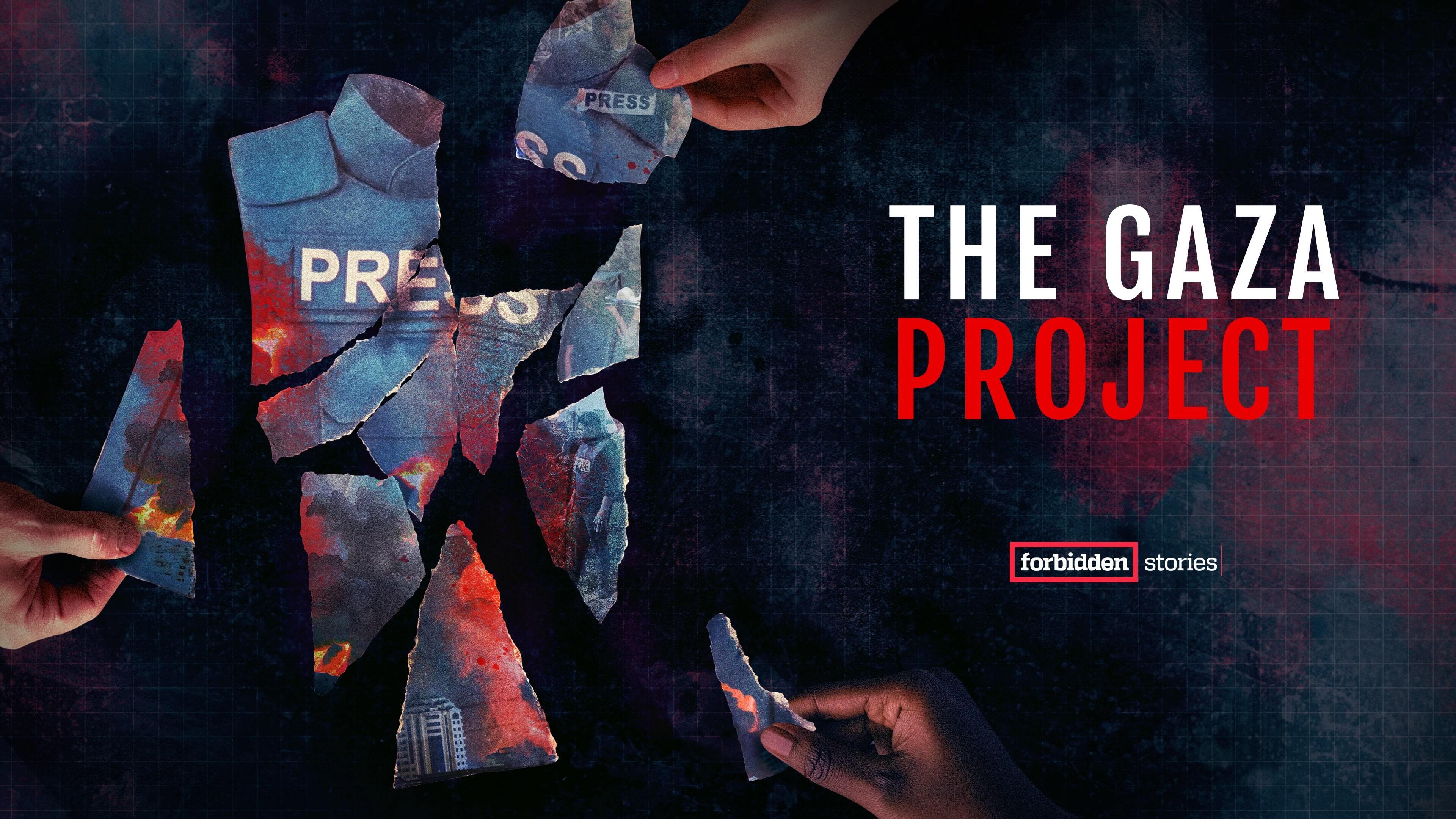Myanmar military regime condemns a Japanese journalist to 10 years in prison
- Toru Kubota was arrested in July, together with two Myanmar neighbours in Yangon, after taking photos and videos in a protest against the military regime.

A Myanmar military court sentenced Japanese documentalist Toru Kubota to 10 years ' imprisonment on two counts. He was arrested while taking photos and videos from a group of protesters, and subsequently the Associated Press informed the police that he had contacted the participants of the protest a day earlier to make the recordings.
A 26-year-old journalist is sentenced to two prison sentences on Wednesday. One, seven years old, for violating a telecommunications law, and another three years for “sedition, for promoting dissent against the army, according to an official from the Japanese Foreign Ministry, based on the journalist’s lawyer’s words. The two prison sentences will be carried out simultaneously and should therefore be for a maximum of seven years. The details of the court ruling are not clear, as the judgment was notified with the doors closed and without the presence of the Cupo lawyer. In addition, Cuba continues to have another cause open, as it is accused of violating Myanmar ' s migratory laws.
The army takes drastic measures against the press. It has forced the closure of twelve media outlets and has arrested at least 142 journalists, 57 of whom remain in detention. Toru Kubota da Myanmar is arrested by the fifth foreign journalist, following American Nathan Maung and Danny Fenster, Polish Robert Bociaga and Japanese Yuki Kitazumi. After their stay in prison, all four were released and deported.
According to the series of works that Kubot has uploaded to the network, its main objective is to publicize the situation of ethnic conflicts, migrants and refugees. Yahoo from Japan! He has worked for the media News, Vice and Al Jazeera English, and in Myanmar he has worked journalism like the documentary Light up Rohingya on the crushed Rohingy minority.
"Recording protests is not a crime."
Amnesty International (AI) has pointed out that Myanmar is "consolidating" its prestige as the world's leading journalist incarcerator. "Today it is very dangerous to be a journalist in Myanmar, where the military authorities often suppress the right to freedom of information and freedom of the media. Since they took power at last year’s Coup d’état, media outlets have been banned and journalists have been arrested, beaten, sexually attacked and even killed,” said Ming Yu Hah, campaign manager in the AI area. The Japanese Government and a number of human rights groups have condemned the ruling against the Cupo.
Since February 2021, Myanmar, ex-Burma, has been led by a military junta following a military coup d'état. Since then, reports of civil and political rights cuts have been consistent. “The death penalty is an instrument of persecution against all those who dare to challenge the authorities,” said AI. An example of this was the execution of four people in July, imputing terrorism and support to militias to deal with the Government ' s military junta.
Varsoviako Barrutiko Auzitegiak argudiatu du González jada ez dagoela Polonian, eta ezin dutela jakin noiz aterako den Errusiatik. Auzitegiak ez du kazetari nabarniztarraren aurkako bestelako prodezurarik abian jarriko.
Osasun artak biltzen ari da Pablo Gonzalez Moskun une honetan. Joan den astean, Poloniako Radomgo segurtasun handiko espetxetik atera zen kazetaria bi urte eta bost hilabeteko preso egon ondoan. Poloniak leporatzen zion espioitza frogatu gabe libre atera da.






















